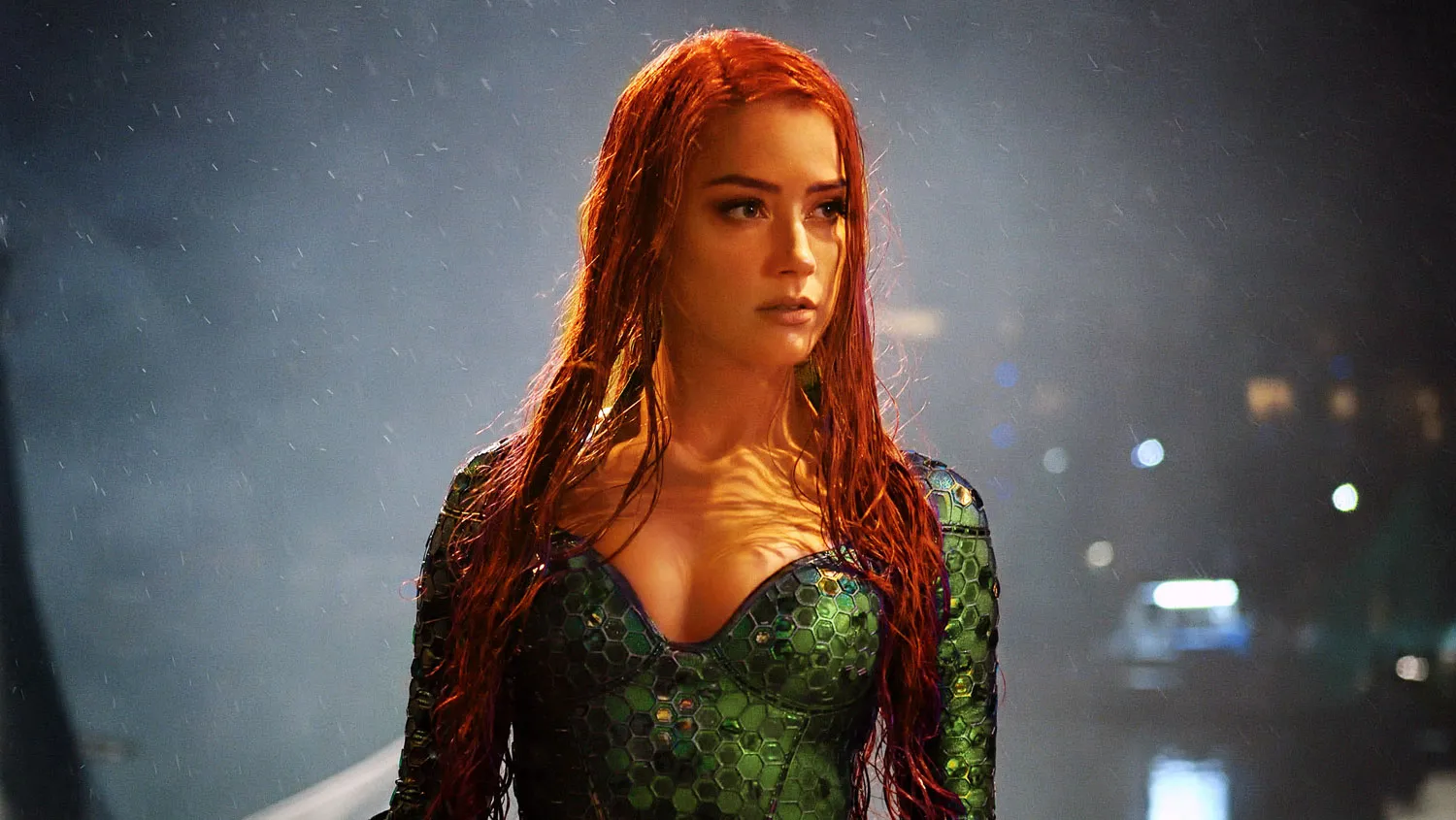In 2014, the internet witnessed one of the most invasive privacy breaches in entertainment history — an event that came to be known as “The Fappening.” Among the many victims of this cyberattack was model and actress Emily Ratajkowski. While the phrase Emily Ratajkowski The Fappening is often repeated across digital headlines, few take the time to reflect on the deeper meaning behind the scandal. The incident was not simply about leaked photos but rather about the erosion of digital privacy, the objectification of women, and the public’s complicity in that exploitation.
As technology continues to expand the reach and permanence of the internet, the story of Emily Ratajkowski The Fappening remains relevant. It challenges us to question the boundaries between fame and privacy and forces the world to confront how quickly empathy can disappear behind a screen.
The Digital Age of Exposure
Long before social media transformed celebrities into constantly visible figures, fame carried a certain mystique. But today, personal boundaries in digital spaces are far blurrier. Emily Ratajkowski’s experience during The Fappening shed light on the darker side of that shift. Hackers had infiltrated private cloud accounts of female celebrities, stealing and releasing photos meant to remain confidential.
The subsequent circulation of these images wasn’t driven by journalism or curiosity — it was driven by voyeurism and power. The victims became unwilling participants in a large-scale public spectacle, their autonomy stripped away for entertainment. For Emily Ratajkowski, whose career was built upon self-controlled expressions of sensuality and femininity, the violation was profound. The world saw how the autonomy she had over her body in her art could be weaponized against her in the context of The Fappening.
The scandal revealed a chilling truth: digital security is fragile, and the illusion of online privacy is easily shattered. The Emily Ratajkowski The Fappening episode wasn’t about celebrity scandal; it was about systemic failure — from inadequate tech protections to the moral deficiencies of online audiences.
Consent, Control, and the Female Body
Emily Ratajkowski has since spoken publicly about the tension between empowerment and exploitation, particularly concerning the female body. Her essays and books, especially My Body, explore how women are simultaneously encouraged to use their appearance and punished for doing so. This duality was made even clearer in the wake of The Fappening.
When her private images were stolen, Ratajkowski became yet another symbol of how society consumes women’s bodies without consent. Her work advocates for reclaiming agency — for making the radical statement that women should have ownership over their self-image both online and offline. The discussion around Emily Ratajkowski The Fappening should therefore never center on the images themselves but on the larger framework of violation and power imbalance that enabled the exposure.
The incident is a case study in the politics of consent. It reminds us that sharing intimate media without permission — whether involving celebrities or anyone else — is an act of theft that perpetuates misogyny. The event’s aftermath ignited conversations about consent culture, digital autonomy, and the ethics of viewing or distributing stolen materials.
Media Ethics and Exploitation
The media’s role during The Fappening was pivotal — and controversial. While many publications condemned the hackers, some platforms fed on the public’s morbid curiosity, amplifying the leaks through indirect coverage. The blurred line between reporting and exploitation became glaringly visible.
Emily Ratajkowski’s response demonstrated strength and clarity. Rather than allowing the narrative to be written for her, she reframed it. In interviews, essays, and creative work, she redirected the conversation from scandal to systemic violation. In doing so, she offered a model for resilience that transcended tabloid sensationalism.
For journalists, the Emily Ratajkowski The Fappening saga became a watershed moment in ethical decision-making. Should the media report on a violation if coverage fuels that same violation’s exposure? The answer, in hindsight, leans toward restraint and sensitivity. Ethical journalism must prioritize the dignity of individuals over public appetite.
The Broader Cultural Context
The 2014 leaks weren’t an isolated event — they reflected an entire societal problem. Our cultural fascination with fame often dehumanizes those in the public eye. The internet has democratized attention, but it has also blurred the boundaries of respect.
In the years after The Fappening, major companies improved cloud security, strengthened authentication processes, and began addressing digital consent laws. Yet, the cultural problem persists. The quick click-and-share mentality that fueled the original leaks still governs much of internet culture.
If anything, Emily Ratajkowski The Fappening reveals that privacy violations are not just technical failings but moral ones. People consumed those stolen images not because they needed to — but because they could. The sense of entitlement to another person’s private life is a deeply ingrained aspect of the online world, reinforced by decades of sensationalism and celebrity commodification.
Moving Toward Accountability
Today, Emily Ratajkowski uses her platform to discuss empowerment in more nuanced ways. She continues to advocate for autonomy, intellectual property rights, and the right to self-representation. In an age when social media gives individuals the ability to control their imagery, she highlights how even empowered self-expression can be undermined by exploitation if society fails to respect boundaries.
The legacy of The Fappening is both cautionary and transformative. It compelled platforms to implement better security systems and encouraged legal discussions about digital sexual privacy. Most importantly, it sparked a necessary public dialogue about empathy in digital spaces.
Moving forward, digital literacy and compassion must become core values. Teaching consent should include both the physical and the virtual — understanding that online actions carry real-life harm. For fans and followers, respecting privacy is an act of humanity, not restraint.
The Enduring Lesson
More than a decade later, Emily Ratajkowski The Fappening remains an uncomfortable but essential lesson. It exposes the undercurrent of voyeurism that runs through digital culture and emphasizes the importance of control, respect, and consent.
Celebrities like Ratajkowski exist at the intersection of public fascination and personal vulnerability. When their private boundaries are violated, it reflects collective failure — from technology to ethics to societal empathy. Yet, in her response, Ratajkowski showed how power can be reclaimed through narrative, knowledge, and resilience.
Her story, far from being a footnote in tabloid history, continues to inspire a shift in how society perceives ownership of one’s image. It compels everyone — journalists, fans, and digital citizens alike — to rethink how they participate in the online ecosystem.
The ultimate takeaway from Emily Ratajkowski The Fappening is not the scandal itself but the message behind it: every person, regardless of status, deserves privacy, respect, and control over their own body and image.





